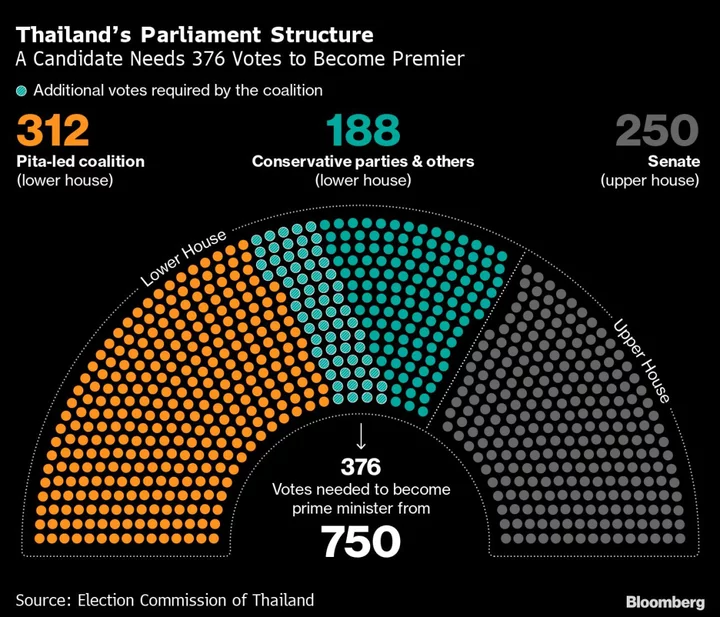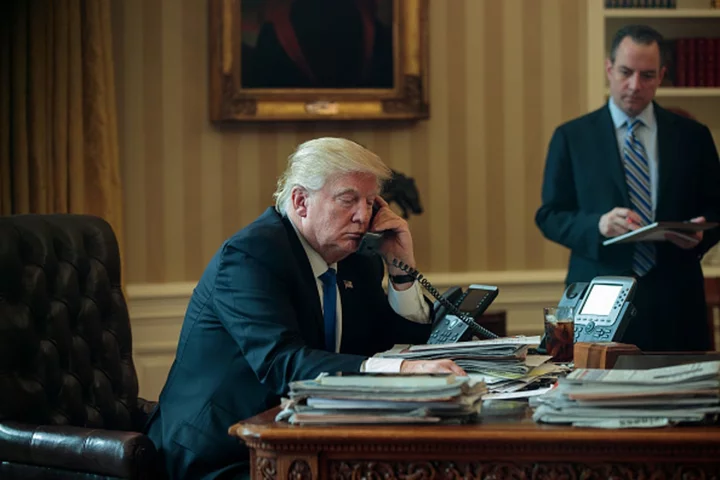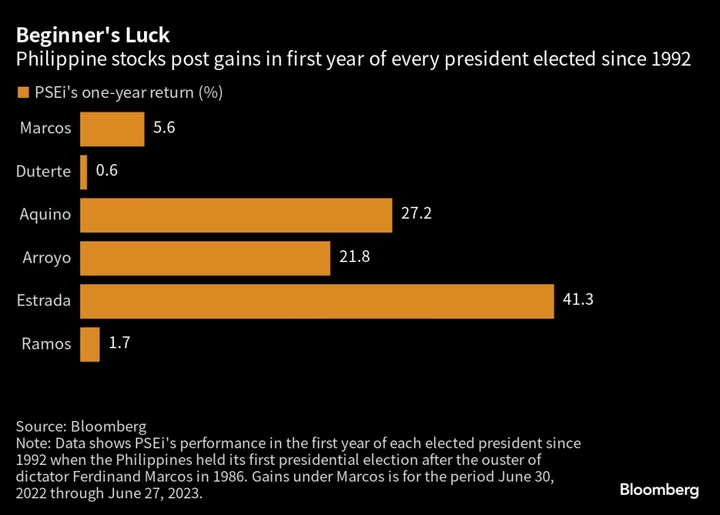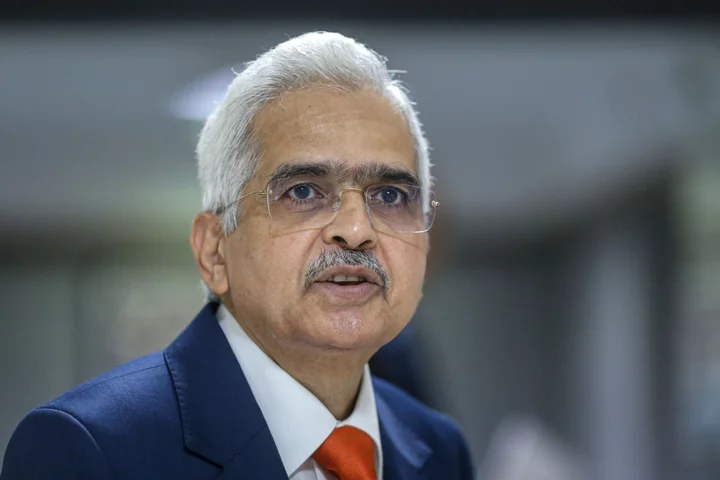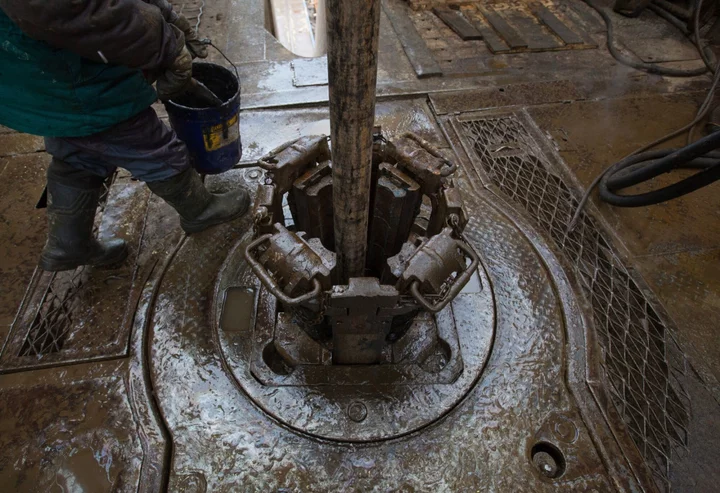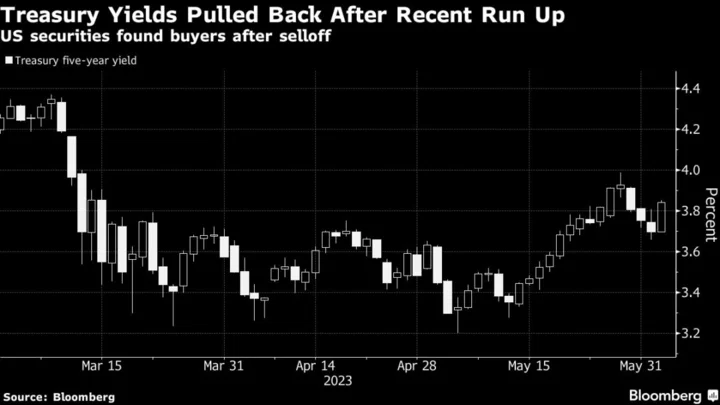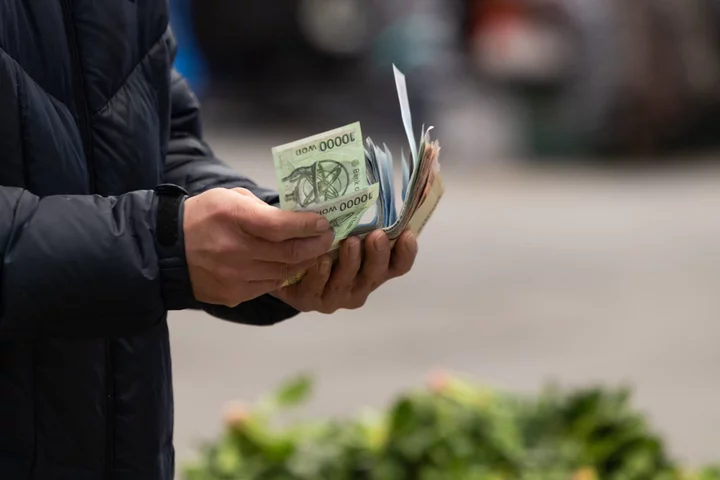The majority of Thais are concerned the nation’s next prime minister won’t hail from the Move Forward Party, which is forming a pro-democracy coalition to govern after winning a combined majority in this month’s election, according to a Suan Dusit Poll.
Despite cobbling together an alliance of eight parties that commands a majority in the House of Representatives, the coalition doesn’t have the 376 parliamentary seats needed to bypass the 250-member, military-appointed Senate that also gets to vote on the next premier.
READ: Thai Election Commission Confirms Opposition Win in May 14 Vote
The bloc still needs considerable backing from senators to ensure that Move Forward Party leader Pita Limjaroenrat becomes the nation’s 30th prime minister. At least 19 senators have agreed to back Pita, according to Move Forward Deputy Leader Sirikanya Tansakun.
Until there is a new prime minister, the caretaker government is headed by Prayuth Chan-Ocha, the general who led the 2014 coup and has held power since. If no party can win majority support, he could remain in place for months to come.
The uncertainty translates into mounting concern for 67.8% of voters surveyed, according to the poll released Sunday. Respondents fear Pita from Move Forward, the party which garnered the most votes in the May 14 general election, may not become the next prime minister and the progressive reform-minded party could face hurdles in forming a new government.
Other concerns among respondents include difference in opinions among the eight parties forming government, and excessive party politicking. Some 1,352 voters participated in the online poll, which was conducted between May 24 and 26.
Of voters surveyed, 32.2% are confident that Move Forward will be able to form a new government and parties in the coalition could reach consensus on negotiations, Suan Dusit Poll said. In total, 58.3% of respondents aren’t confident that the new government’s formation will be smooth, while 41.7% are optimistic, according to the poll.
Thailand’s economy expanded 2.7% year-on-year in the first quarter as the nation benefited from a resurgent tourism sector, although that outlook hinges on its ability to demonstrate political stability.

